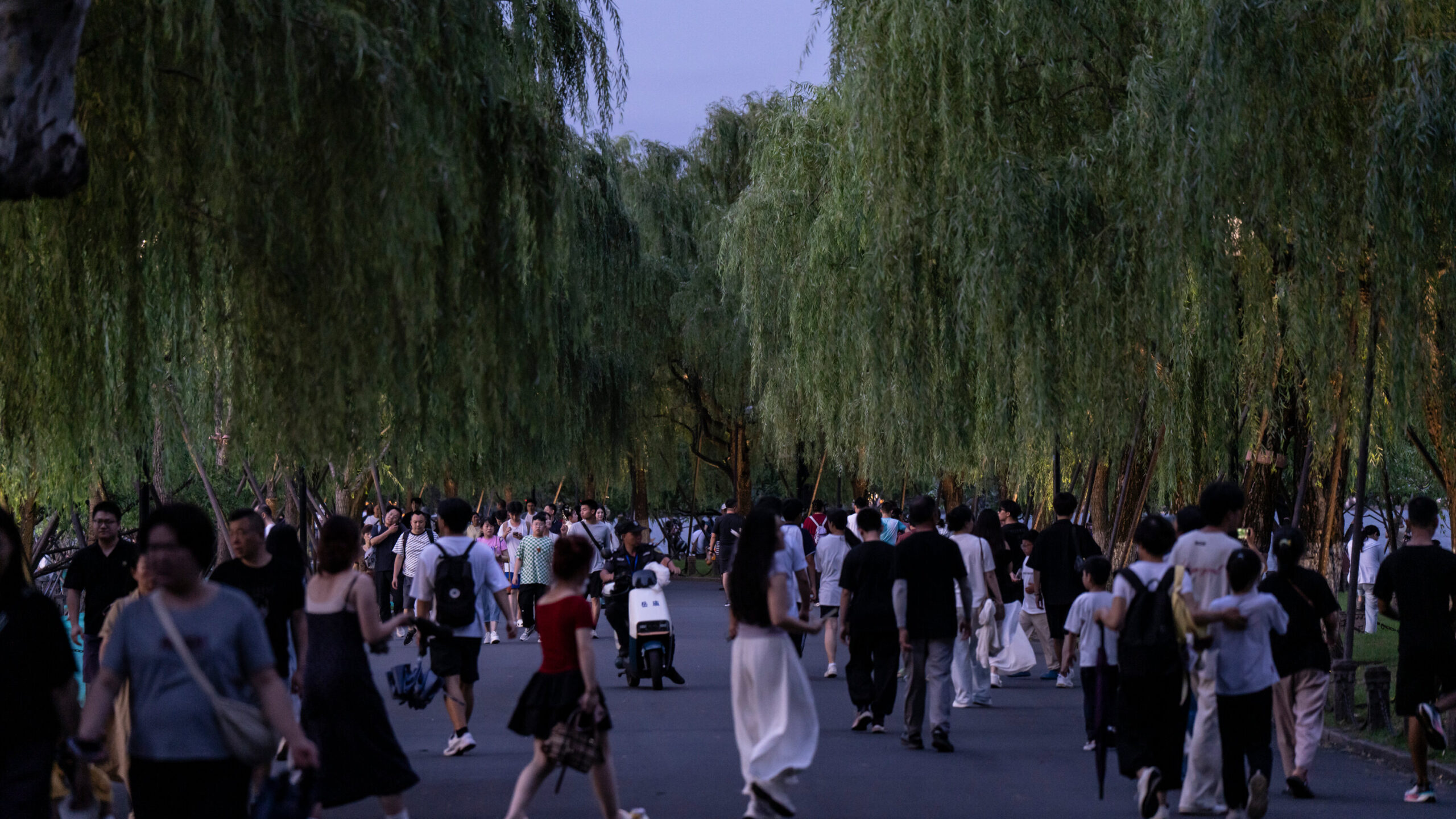
As the global race for technological supremacy intensifies, China is turning to Hangzhou—a city best known as the headquarters of Alibaba—to incubate its next generation of artificial intelligence (AI) innovators. The city is increasingly viewed as a counterpart to Silicon Valley, nurturing a vibrant startup ecosystem where entrepreneurs, engineers, and investors converge to exchange ideas and push the boundaries of AI innovation.
Central to Hangzhou’s transformation is the presence of industry giants like Alibaba and rising stars like DeepSeek, a company focusing on advanced AI research and development. DeepSeek has become a focal point in China’s effort to gain global competitiveness in AI, particularly as the country seeks to reduce its reliance on Western technology.
The collaborative environment in Hangzhou is fostered through a mix of government incentives, private investment, and academic support. Tech meet-ups, incubators, and co-working spaces are common across the city, enabling a cross-pollination of talent and ideas. This communal spirit is reminiscent of the early days of Silicon Valley, where competition and cooperation fueled rapid technological advancement.
Chinese officials have repeatedly emphasized the strategic importance of AI in achieving long-term national goals, including modernization of the economy, military, and public infrastructure. In this context, Hangzhou’s role is both symbolic and practical. It represents China’s commitment to creating a self-sustaining tech ecosystem capable of competing on a global scale.
Startups in the city benefit not just from proximity to tech conglomerates but also from a supportive regulatory environment that encourages rapid development and vertical integration of AI technologies. Companies in Hangzhou are developing applications ranging from natural language processing and computer vision to AI-based manufacturing solutions and smart city infrastructure.
As U.S.-China relations continue to be shaped by technological rivalry, the emergence of Hangzhou as a key AI innovation center further underscores the shifting landscape of global tech leadership. The city is positioning itself not just as a hub for domestic growth, but as a launchpad for Chinese technologies that aspire to challenge Western dominance in the AI sphere.
While challenges remain—such as data privacy concerns, international trade restrictions, and talent acquisition—Hangzhou’s momentum suggests it will continue to play a central role in China’s technological ascent. With its blend of industrial might, entrepreneurial spirit, and governmental backing, the city is fast becoming one of the most important locations in the global AI landscape.
Source: https:// – Courtesy of the original publisher.








